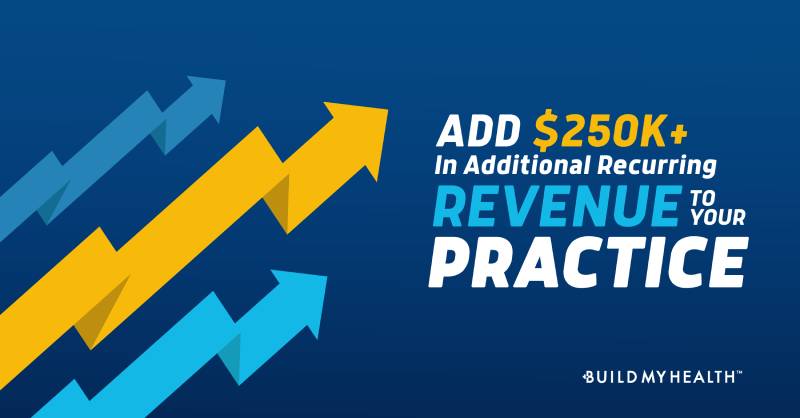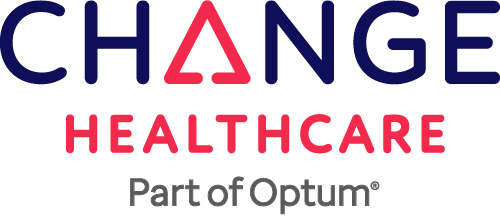Another horror story involving medical tourism came out of the Dominican Republic last week. A woman from New York went down to the DR for a tummy tuck and apparently died on the table. While details are murky at this point, there are a few lessons that can be drawn from this situation. Unfortunately for the patient and the family, they have been harmed in a way that most of us will never understand and our thoughts and prayers are with them.
In the story above, the patient paid $6500 in the Dominican Republic for her procedure – an amount the news story describes as “a fraction of the cost in the US.” While this may be less expensive than the cost of a tummy tuck in the US, I don’t know if it qualifies as “a fraction of the cost.” My point is that if the cost isn’t a great deal less, especially after paying the additional cost of flight and hotel, is it really worth the risk of going to a foreign country and having an operation by someone of unknown qualifications in a facility with unknown accreditation?
In this particular situation, it’s obviously not worth the risk but there are new models of medical tourism that are coming on the scene to avoid situations like the one above. The Australian health insurer, nib, has started a subsidiary, nib Options, that connects consumers interested in cosmetic surgery and dentistry with a qualified surgeon in countries such as Thailand and confirm that procedures are being done in accredited facilities.
Not only are they providing the best potential care abroad, but they also arrange with doctors in Australia to take care of these patients in the event that they have a complication. For example, if a patient has a breast augmentation via the nib Options service in Thailand, and then 2 weeks after returning from their surgery their incision opens, nib Options makes arrangements for them to see a qualified surgeon in Australia.
While this is a service provided by a health insurer, health insurance does not cover these services. These are out-of-pocket services that come with peace of mind…peace of mind that you are receiving qualified care in an accredited location with appropriate follow up when you return home. Thus far, this appears to be the only way to participate in medical tourism responsibly.



